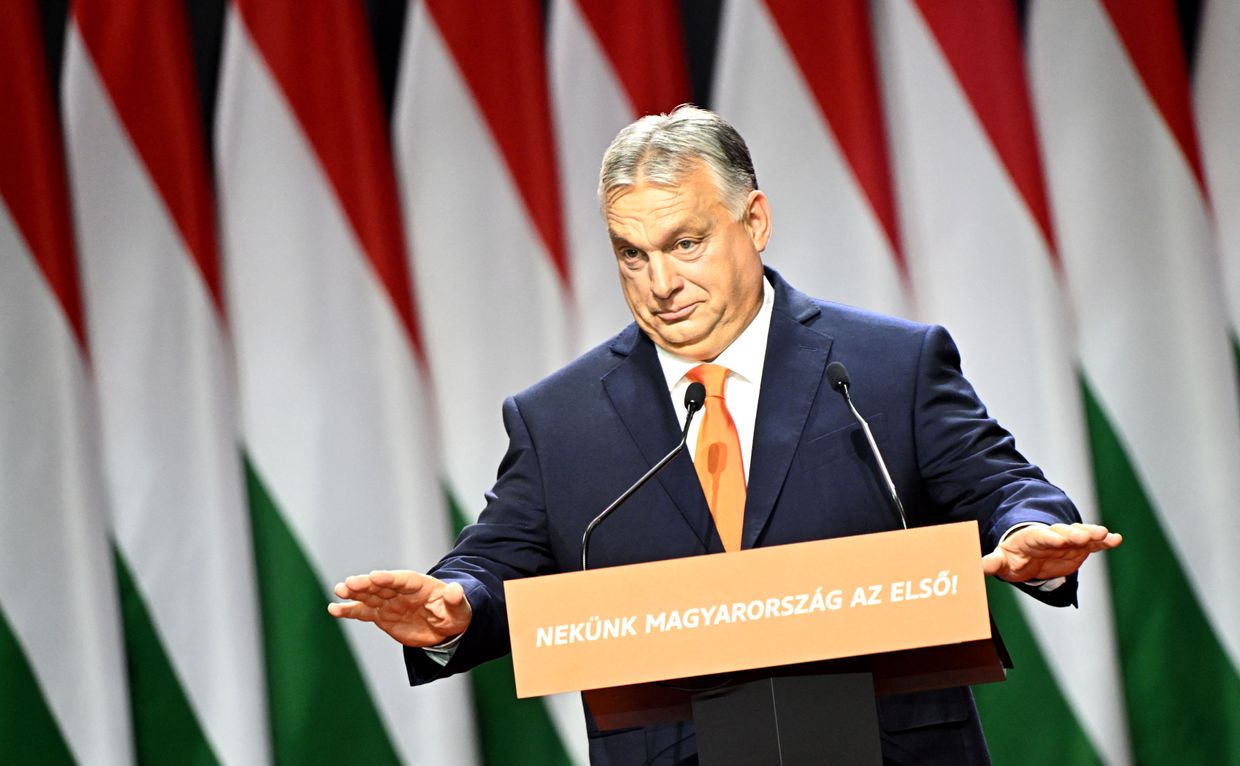Hungary simplifies entry for Russian, Belarusian citizens, German media reports.
Support independent journalism in Ukraine. Join us in this fight.
Become a member Support us just onceHungary is subtly relaxing its entry requirements for Russian and Belarusian citizens, who are now included in the National Card program which allows them to work in Hungary for up to two years. The National Card is available to individuals interested in working or conducting business in the country. It simplifies the process compared to regular work permits or business visas and offers several advantages, including family unification, eligibility for permanent residency after at least three years, and the ability to change status without returning to the home country.
The RedaktionsNetzwerk Deutschland news outlet (RND) reported that there is no special vetting process at the European level for National Card holders, which has raised concerns among Hungary's neighboring countries. In spring, the Hungarian government announced that it was expecting around 65,000 guest workers, RND reported. As of July, the National Card became available for the citizens of Ukraine, Russia, Belarus, Bosnia-Herzegovina, North Macedonia, Montenegro, and Serbia.
A member of the European Parliament told RND that permitting entry into an EU country without checks, while Russia is actively working to undermine Europe through hybrid attacks, is the wrong approach. However, he added that it is incorrect to label all Russian citizens collectively. After holding the National Card in Hungary for at least three years, individuals can qualify for permanent residency.
This status offers a variety of additional benefits, including the freedom to live and work throughout the country.
After spending an additional eight years in Hungary, permanent residents can apply for citizenship which provides the advantages of unrestricted travel, work, and residence across all EU countries.
Hungary quietly takes record £1 billion loan from Chinese banks
Hungary's record loan came amid a record increase in its public debt to 140 billion euros (£152 billion), 73.5% of GDP, and a budget deficit of 6.7% of GDP, while the country has no access to European Union funds due to the conflict with Brussels.
